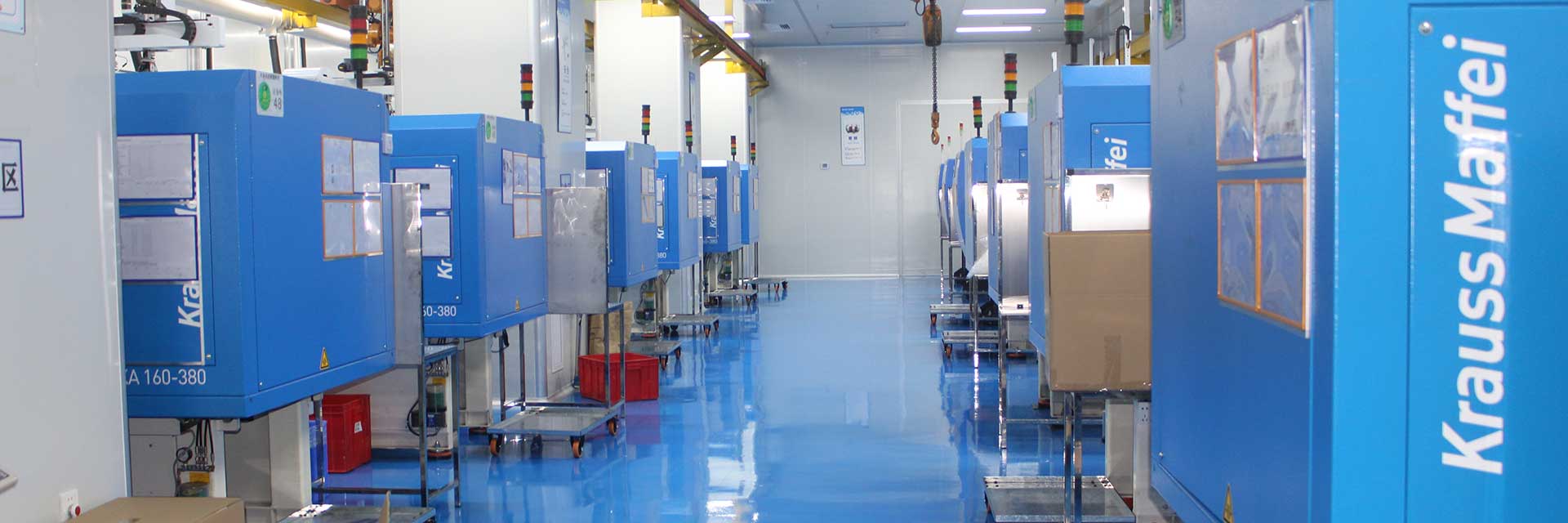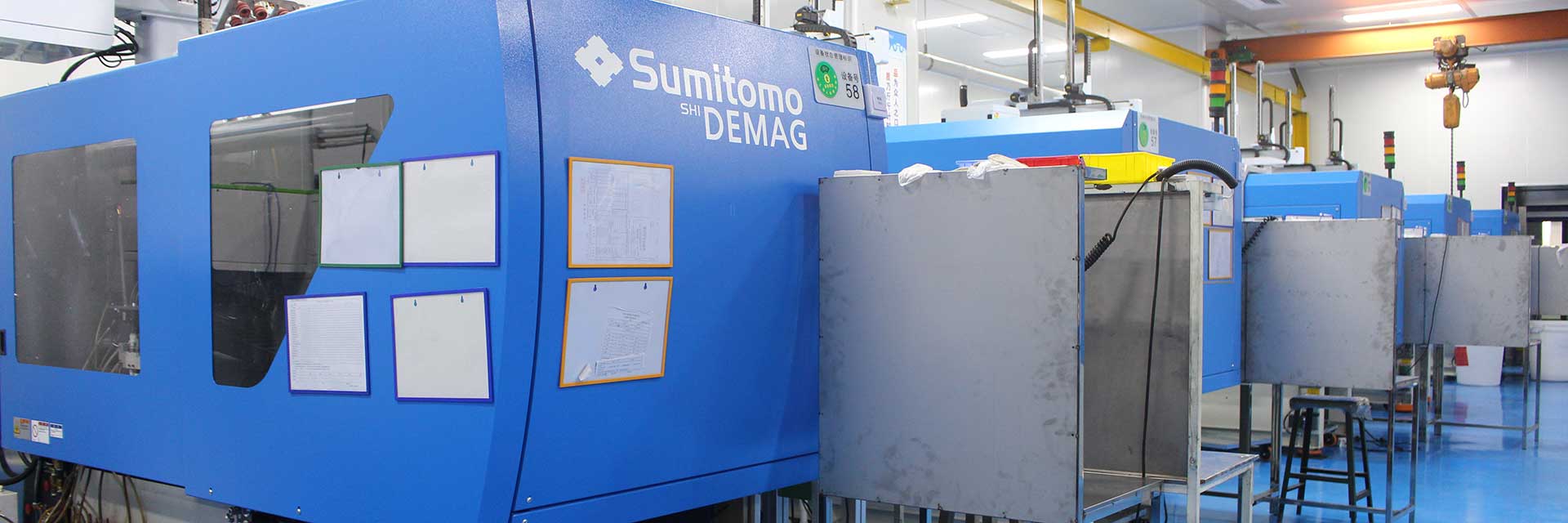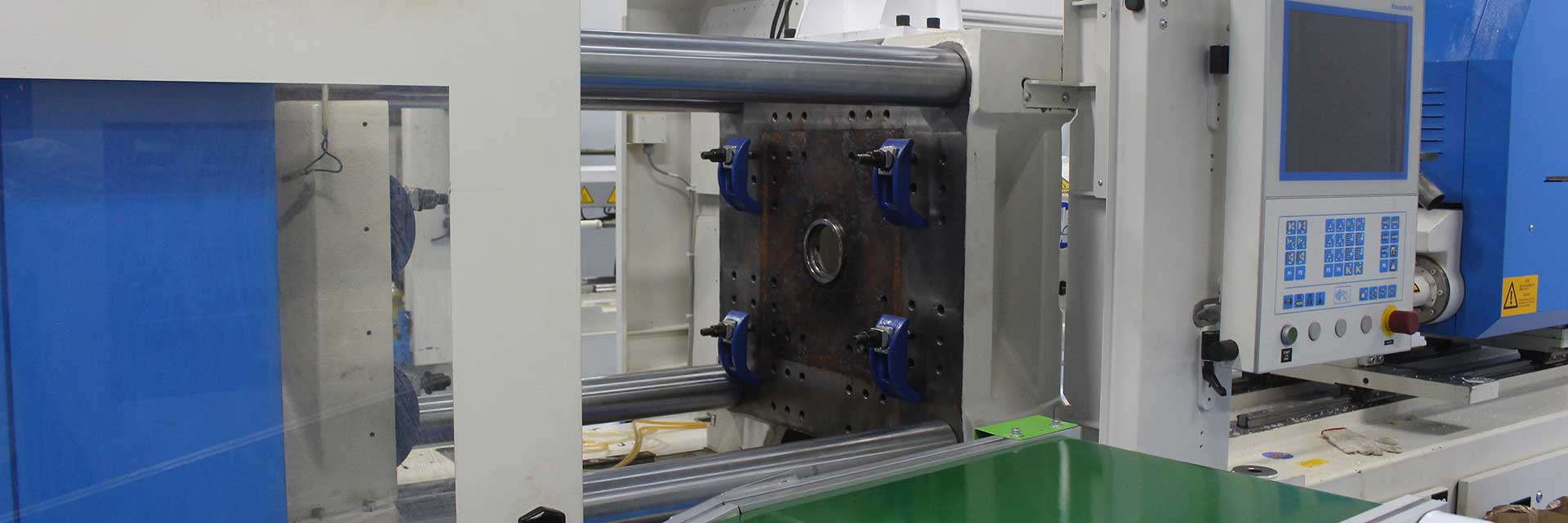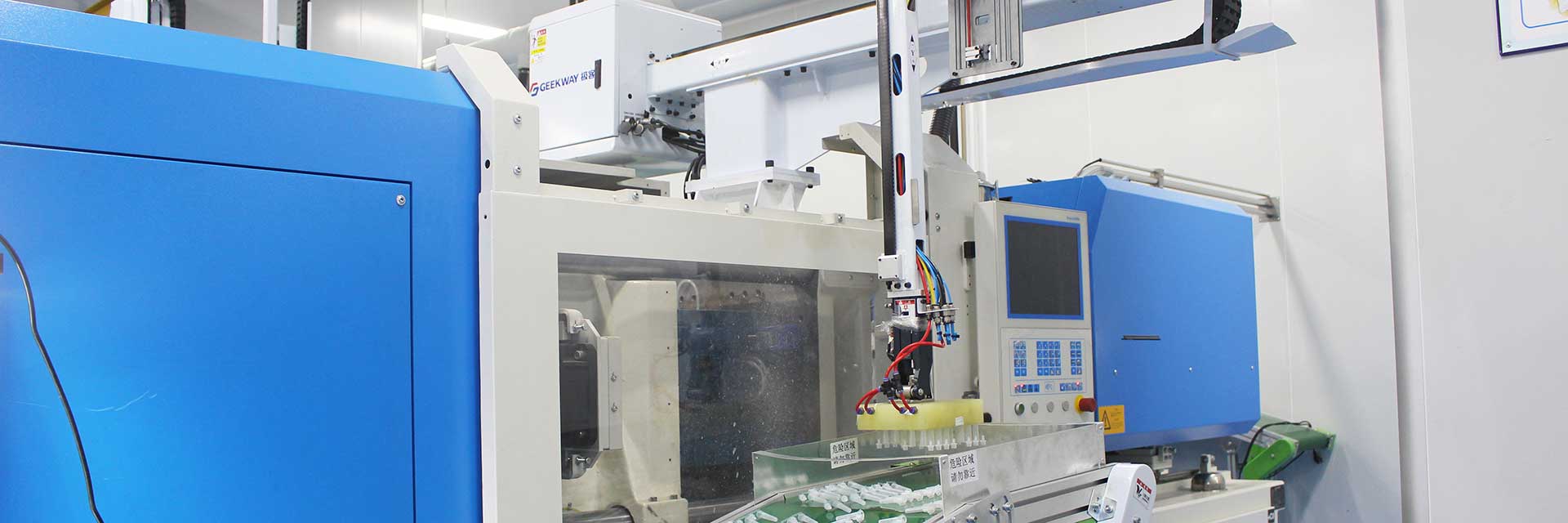Low pressure molding is a process that injects packaging materials into molds at very low injection pressures and rapidly solidifies them into shape.
Low pressure molding process is a packaging process that injects packaging materials into molds at a very low injection pressure (2-20 bar) and rapidly solidifies (5-50 seconds) to achieve insulation, temperature resistance, impact resistance, vibration reduction, moisture resistance, waterproof, dustproof, and chemical corrosion resistance.
This process is currently mainly applied to the packaging and protection of precision and sensitive electronic components, including printed circuit boards (PCBs), automotive electronic products, mobile phone batteries, wire harnesses, waterproof connectors, sensors, microswitches, inductors, antennas, and so on.
Low pressure molding is a process method that falls between high-pressure injection molding and sealing.

Features and advantages
The traditional injection molding process has defects due to high pressure, as low-pressure molding only requires a small amount of pressure to allow the melt to flow into a small mold space, thus not damaging the fragile components that need to be packaged, greatly reducing the scrap rate.
The low-pressure forming process can effectively seal, moisture-proof, waterproof, dust-proof, and chemically resistant the encapsulated components. In addition, it can also balance performance including high and low temperature resistance, impact resistance, insulation, and flame retardancy.
Shorten product development cycle
Low pressure forming molds can use cast aluminum molds instead of steel, making them very easy to design, develop, and manufacture, which can shorten the development cycle. In addition, compared to the time-consuming two-component sealing process, the process cycle of low-pressure hot melt injection molding can be reduced to a few seconds to tens of seconds, greatly promoting production efficiency.
Save total production costs
Firstly, the equipment cost of low-pressure injection molding process is low. Traditional injection molding equipment systems generally have higher costs, including purchasing high-pressure injection molding machines, as well as having a water-cooling system and expensive steel molds. The low-pressure injection molding process equipment system is generally relatively simple, consisting only of three parts: a hot melt glue machine, a work console, and a mold.
Secondly, due to the extremely low injection pressure, aluminum molds can be used for mold design, development, and manufacturing, which can save material costs and development cycles. If low-pressure injection molding technology is used to replace traditional sealing technology, it can also save the cost of sealing the shell and post heating curing.
Finally, due to low pressure and low temperature, the scrap rate of finished products can be greatly reduced, avoiding unnecessary waste.
Therefore, choosing low pressure injection molding technology can not only significantly improve production efficiency and reduce the defect rate of finished products, but also help production enterprises establish cost advantages overall




